Donald Trump and Colorado: What does this setback actually mean for the disgraced former president?
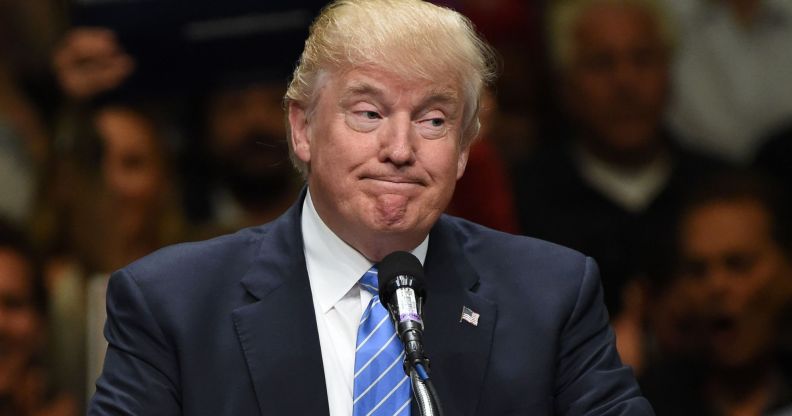
Donald Trump is set to take office in January 2025. (Getty)
In a historic move, the Colorado Supreme Court has barred Donald Trump from running in the state’s presidential primary, raising major questions around the disgraced politician’s chances of winning back the White House.
On Tuesday (19 December), Colorado’s top court ruled that the former president is disqualified from holding office again due to his involvement in inciting the 6 January Capitol riot in 2021.
The ruling, by a vote of four to three, marked the first time a court has kept a presidential candidate off the ballot under an 19th-century provision of the US constitution that prevents insurrectionists from holding office.
It came as courts in other states are considering similar cases.
The explosive ruling injected more legal uncertainty into the 2024 presidential race, and it could change the course of Trump’s quest to get back into the Oval Office.
Here’s what you need to know about the ruling.
What is the insurrection clause and why was it used?
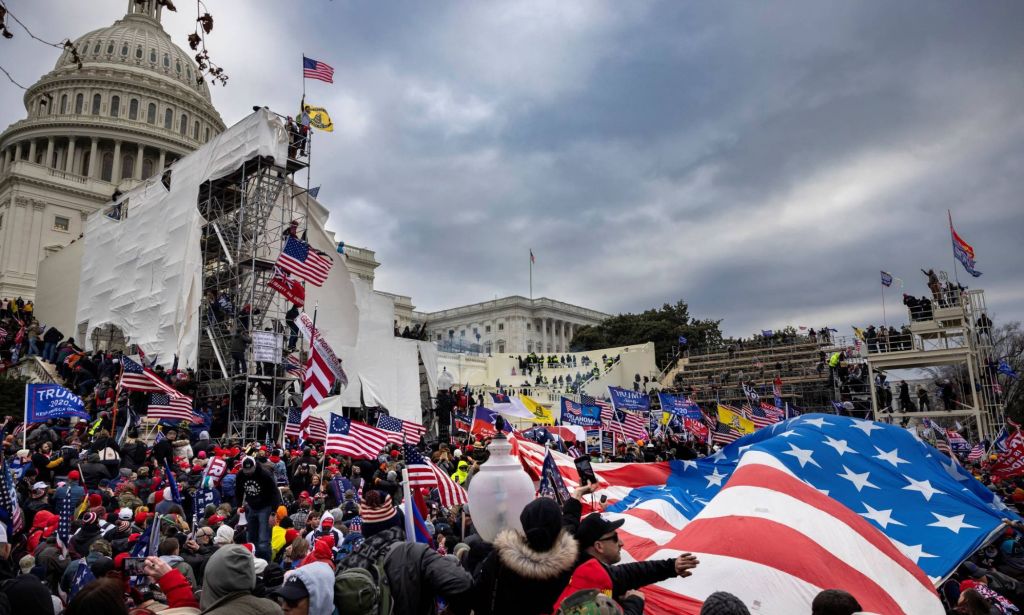
Section three of the 14th amendment, also known as the insurrection clause, bars individuals from Congress, the military, federal and state office who once took an oath to uphold the constitution but then “engaged in insurrection or rebellion” against the US.
This can be overturned if they are granted amnesty by a two-thirds vote of Congress.
Advocacy groups and legal scholars have argued that Trump’s behaviour after the 2020 election fits those criteria. Specifically, they pointed to his alleged role in trying to overturn the election and obstruct the transfer of power to Joe Biden by, they claim, encouraging his supporters to storm the US Capitol.
How did the Colorado Supreme Court ruling happen?
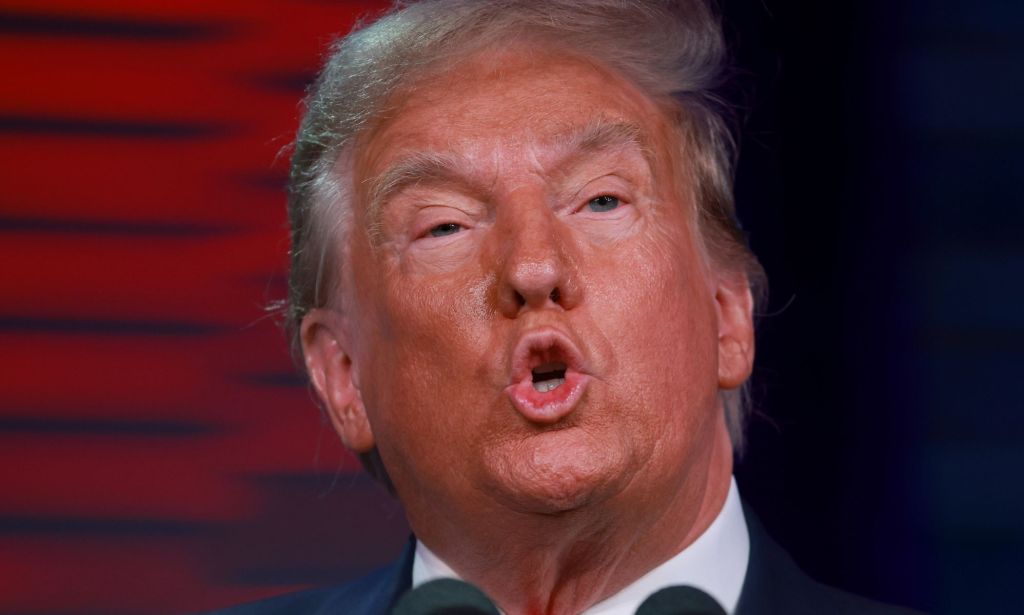
In a nutshell, the state’s top court accepted an argument brought by voters, aided by ethics watchdog Citizens for Responsibility and Ethics in Washington, that the Civil-War-era constitutional amendment disqualified Trump from holding office.
The plaintiffs argued that violated his presidential oath to “preserve, protect and defend the constitution of the United States” by “recruiting, inciting and encouraging a violent mob that attacked the Capitol” in a “futile attempt to remain in office”.
The Colorado Supreme Court agreed with their arguments, and the justices acknowledged that they did not reach “these conclusions lightly” because they were “mindful of the magnitude and weight of the questions” before them.
As a result, Trump is ineligible to appear on Colorado’s Republican primary ballot set to take place in March.
Norma Anderson, one of the petitioners and a former Republican majority leader of the Colorado House and Senate, said the group of plaintiffs brought the case to “protect the right to free and fair elections enshrined” in the constitution and ensure Republican primary voters are “only voting for eligible candidates”.
Can Donald Trump still be president without being on the ballot in all 50 states?
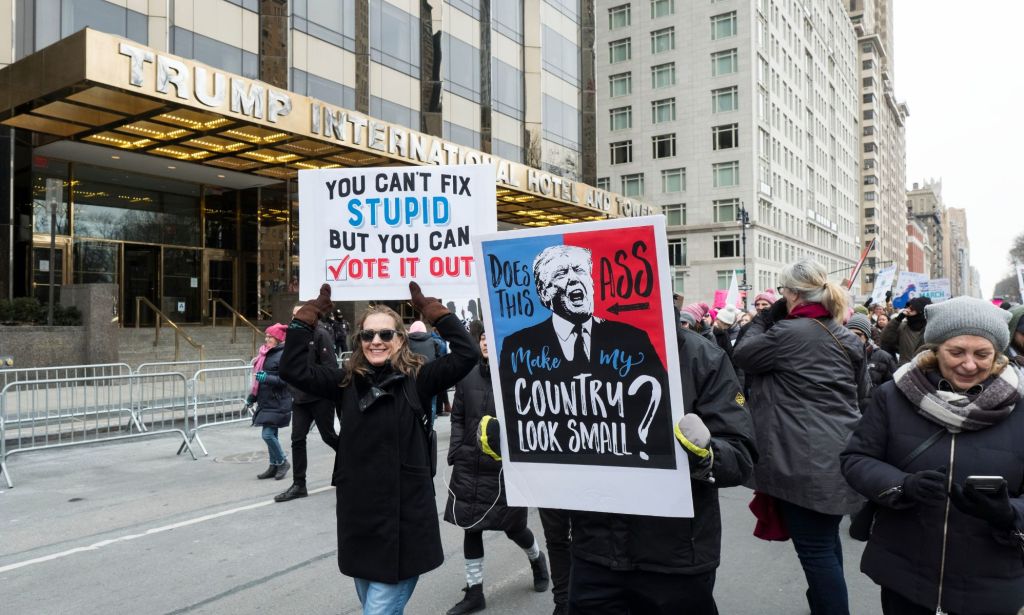
This is where it gets a bit a complicated. It’s unusual for a candidate to not stand for their party in every state, but it’s not hugely problematic at the moment.
The ruling only applies to Colorado, so it leaves Trump able to run in other Republican primaries. He’s far ahead of his rivals so he can still win his party’s nomination without appearing on the ballot in the Centennial State.
Colorado voted Democrat in the past four presidential elections and Trump is expected to lose there whether he’s on the ballot or not.
So, if it remains the only state where the ban applied, it would be unlikely to change the outcome of the general election.
Trump has vowed to appeal the ruling, which doesn’t take effect until 4 January, in the conservative-leaning US Supreme Court. His campaign said they have “full confidence” that the nation’s highest court will rule in their favour, putting an “end to these un-American lawsuits”.
If the case is taken to the US Supreme Court, it will put the Colorado decision on hold until the justices come to a decision.
If other states follow Colorado, Trump’s presidential bid is in hot water
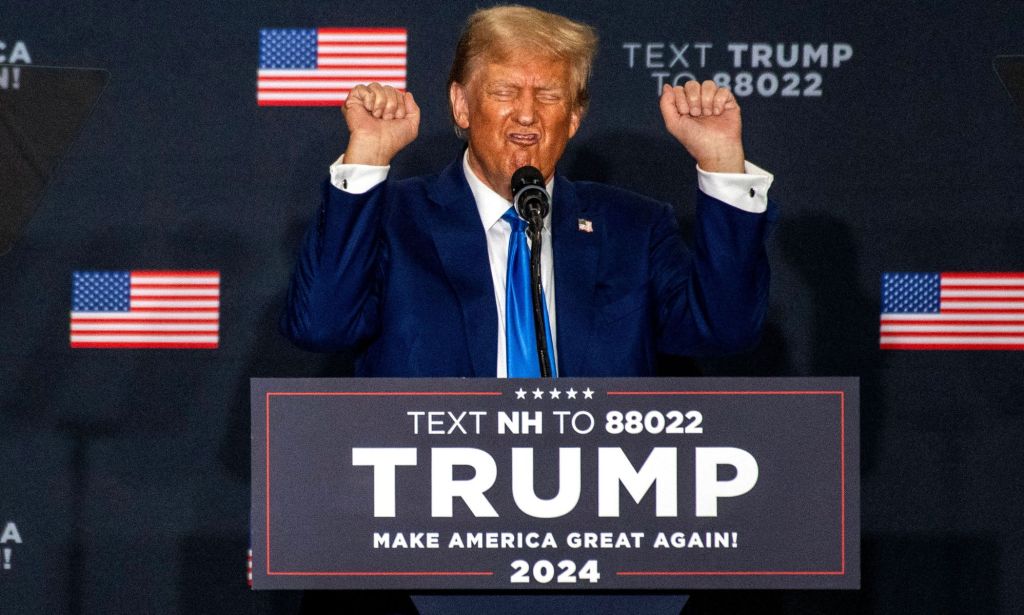
Other US states have similar legal battles, trying to bar Trump from running. Attempts to kick the anti-LGBTQ+ president off the ballot in New Hampshire, Minnesota and Michigan have so far failed. But the decision in Colorado could bolster the chances of success for other lawsuits.
Free Speech for the People is appealing against a Michigan Supreme Court ruling that allows Trump to continue his run in the Wolverine State.
The activist group called the Colorado Supreme Court ruling a “victory for the principle that a president who loses his re-election bid must step down peacefully, not launch a bloody insurrection to intimidate Congress”.
Should Trump be stopped from running in a state where he and Biden are neck-and-neck, that could be a major turning point in what’s expected to once again be a closely fought battle.
How did this story make you feel?
